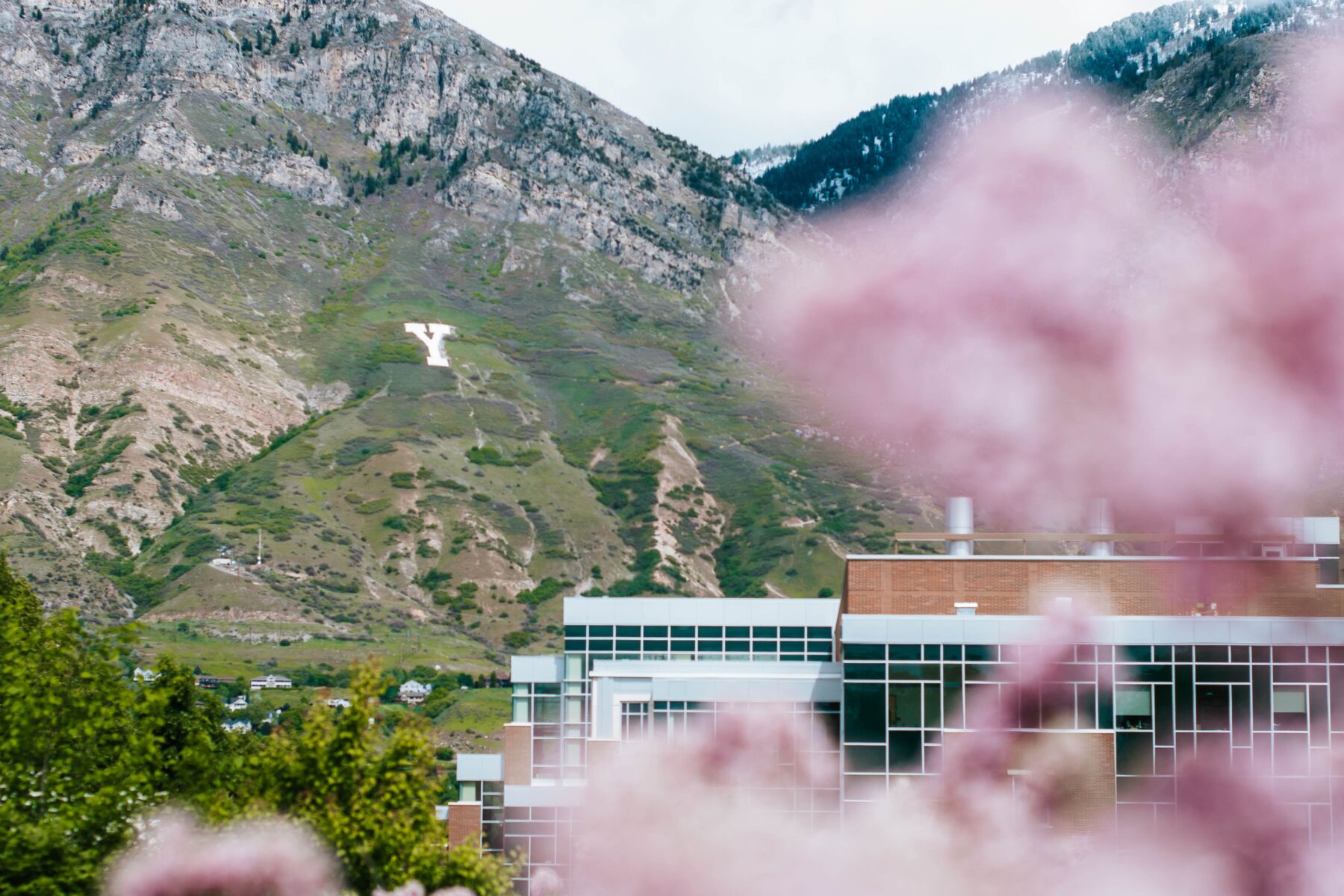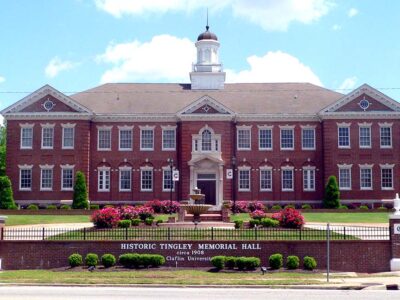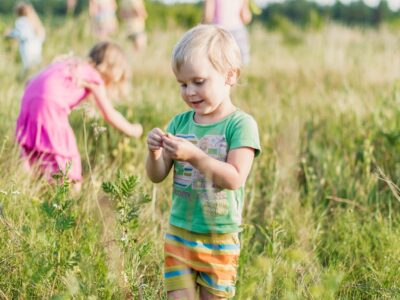At Brigham Young University (BYU) in Provo, Utah, students can pursue their passion for environmental science and sustainability while choosing from a vast array of outdoor clubs and green organizations, pairing their faith with action to care for the planet.
BYU is founded, supported, and guided by The Church of Jesus Christ of Latter-day Saints. Brigham Young said, “Education is the power to think clearly, the power to act well in the world’s work, and the power to appreciate life.” The school provides students with ample opportunities to study and appreciate biological life. From the wilds of a desert laboratory to the curation of biological specimens for the school’s science museum, students are given the chance to be hands-on with the preservation and care of our world.
Sustainability Courses, Majors, and Minors
If you’re eager to pursue a career in sustainability or another related field of study, Brigham Young offers several different approaches.
Whether they pursue a major or minor in Environmental Science, students in this field will leave school with “an environmental awareness, stewardship, and sustainability ethic to help all understand their influence on and spiritual connection to God’s creations and Earth.” Students will develop a strong foundation of the scientific method, environmental policy, environmental methods of measurement and assessment, and environmental communication. BYU is also home to a master’s program in environmental science and a PhD in Wildlife and Wildlands Conservation.
The Biodiversity and Conservation major challenges students to think about how different biological systems relate to one another and to solve challenges from the molecular level to the ecosystem level.
With the harsh desert terrain and mountainous landscape as backdrop, students with an interest in geography can pursue a degree in Geography: Environmental Studies. Among the many outcomes of this degree, students can expect to develop an appreciation for “the extraordinary powers and delicate balances involved in the dynamic biophysical world” they live in.
Similarly, the Wildlife & Wildlands Conservation program takes advantage of the surrounding landscape, the Monte L. Bean Life Science Museum, and the Lytle Ranch Nature Preserve to train students in resource stewardship, plant and wildlife identification, management of wildlands, conflict resolution, and team collaboration.
For those who are especially interested in how our environment affects public health, BYU offers a BS in Public Health: environmental and occupational health. This degree program prepares students to be able to assess the various hazards in a variety of environments (indoor, ambient, and work) that can adversely affect human health, evaluate and intervene in these various hazards, and develop an environmental/occupational moral code and ethics.
Learning the Life Sciences at BYU
Students on BYU’s campus learn in living laboratories, ranging from the Life Sciences Greenhouse to the Environmental Analytical Lab to the Ezra Taft Benson Building, which holds the only carbon-14 dating laboratory in Utah. The Ben Abbott Lab of Ecosystem Ecology “researches how human activity affects the water and nutrient cycles that sustain all life on Earth.” The USDA Forest Service Shrub Science Laboratory on BYU’s campus is one of the finest research programs on native shrubs in the world. Through this lab, students and researchers study desert shrubs on campus and across the state.
BYU is also home to the Lytle Ranch Nature Preserve in southwestern Utah, a 460-acre outdoor classroom in the northernmost extension of the Mojave Desert. Both the Lytle Ranch and the Monte L. Beam Life Science Museum cultivate learning opportunities for younger children, college students, and lifelong learners. The Life Science Museum’s mission is to “inspire wonder and reverence for our living planet.” It houses collections of local and exotic plant and animal species for closer study and to aid in the appreciation of our planet’s resources. Lytle Ranch still operates a portion of the land from an agricultural standpoint but primarily makes room for research projects in the environmental sciences.
Clubs and Organizations
Outside of majors and minors, students can exercise their passion for Creation care by participating in a wide variety of related clubs and organizations at BYU.
Environmental activists can join the Earth Stewardship Club to help increase awareness of environmental issues on the BYU campus, or join the Environmental Science Club to connect with others who are just as passionate about environmental issues as they are. BYU is also home to a chapter of the Citizens Climate Lobby. While not a school-sponsored club, the Student Sustainability Initiative aims to increase sustainability practices at BYU at an institutional level.
The Geology Club has cleaned a portion of the Bonneville Shoreline Trail and taken field trips to hunt for meteorites in Western Utah, hike to the bottom of the Grand Canyon, tour caves in Great Basin National Park, and study the Sierra Nevada batholith in Yosemite National Park.
Several clubs on campus aim to help students make a difference in their immediate communities. The Recycling Club promotes and facilitates recycling on campus, and the Society for Ecological Restoration provides students with resources to organize hands-on restoration activities in their own communities.
Other clubs offer hands-on experience and networking opportunities for students who are interested in pursuing careers in science-related fields, including wind energy; impact investing; wildlife and range; aquarium, zoo, and rescue; and marine biology.
If you just want to get out and enjoy the great outdoors, the campus hosts an Outdoor Adventure Club and a Mountaineering Club, which invites students into the backcountry. Students and members of the Utah Valley community can rent equipment at low prices to explore the area on their own through BYU Outdoors Unlimited.
For more information about how you can get involved with environmental science and sustainability initiatives at BYU and throughout Utah, visit BYU’s Community Involvement page.





 Copyright
2025
Root and Vine
Copyright
2025
Root and Vine